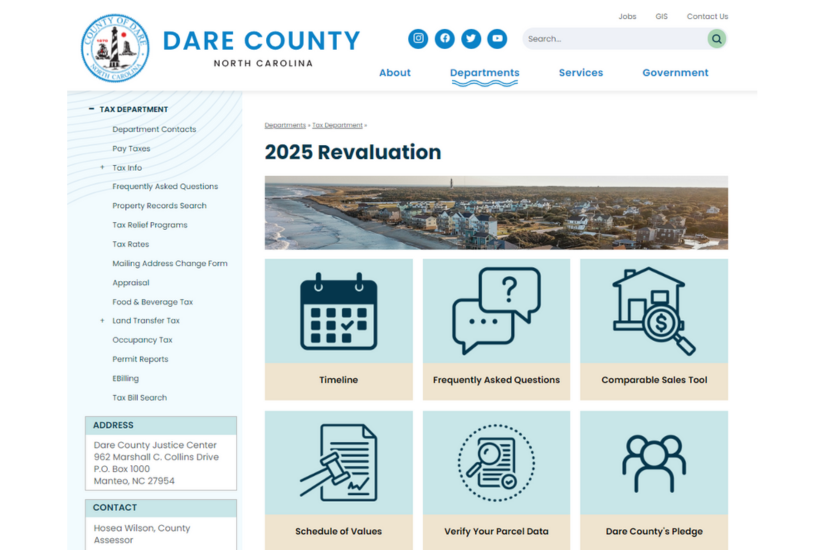If you want to understand the priorities of the folks currently running the General Assembly, the details emerging from the secret budget negotiations are a good place to start.
House and Senate leaders announced Thursday, Aug. 27, that they had agreed to a compromise on salary increases for state employees and most teachers.
The compromise is they won’t get one.
They will instead receive a one-time $750 bonus which comes to about $62 a month. The bonus will not be added to their salary, so next year when lawmakers consider their compensation again their salary will revert back to where it was the year before. It’s not clear if retired state employees will even receive any cost of living increase.
The budget will increase starting pay for teachers and some others will receive pay hikes if they are eligible for a step increase but many veteran teachers will receive only the $750—including many who have barely received a raise at all in the last few years.
And folks wonder why teachers are leaving the classroom and fewer college students plan to enter the teaching profession.
State employees have it even worse. Most of them, including faculty members at universities and community colleges, have received next to nothing in recent years and will receive next to nothing again.
And it is not because the state doesn’t have the money. The economy is growing and there was a revenue surplus at the end of the last fiscal year.
But lawmakers are allowing the corporate tax rate to fall again and Senate leaders are talking about reducing the personal income tax rate in the budget too.
Cutting taxes again, on the heels of a massive tax break for corporations and wealthy individuals passed in 2013, is more important than giving all teachers and state employees a long overdue raise.
It’s apparently more important than reducing the number of at-risk 4-year-olds on the waiting list for N.C. PreK, a list that has grown longer in recent years.
And it’s more important that providing enough resources for the state’s prison system to take care of the thousands of mentally ill inmates they house.
It’s more important than anything else.
The Senate does acknowledge that they need to find some new ways to raise revenue to make up for a small part of the tax cuts.
One of them is by expanding the state lottery that most Republicans vigorously and rightly opposed when it was passed by Democrats 10 years ago.
Not only would the Senate budget increase the amount of advertising the lottery could do, Senate leaders are also considering allowing lottery tickets to be sold in liquor stores and authorizing lottery officials to develop games that can be played on smart phones and video terminals in bars.
Two years ago, Gov. Pat McCrory asked lawmakers to reduce the amount of lottery advertising, but they ignored him. Last session, House leaders proposed an increase in lottery advertising but the Senate refused to go along and blasted the House for proposing it.
This year, it’s Senate leaders who want to extract more money from low-income people who play the lottery more as a percentage of their income.
The same families that used to receive the state Earned Income Tax Credit for low-wage workers until the General Assembly abolished it, making North Carolina the only state to create a state EITC and then repeal it.
There are hundreds of other decisions that will be made in the final budget agreement. Most of them have not yet been made.
But some important and revealing ones have. The final budget will spend far less than the inadequate House budget proposed. State employees and many teachers will get only a small one-time bonus instead of a cost of living salary increase.
And taxes will be reduced again. The only question is by how much.
And more than likely if Senate leaders get their way, more struggling people will play the lottery more next year.
That’s the way things work in 2015 under the state’s current leadership, and it’s a disturbing vision they have for North Carolina and its people.
(Chris Fitzsimon is the Executive Director at N.C. Policy Watch. NC Policy Watch is a progressive, nonprofit and non-partisan public policy organization and news outlet dedicated to informing elected officials as they debate important issues and, ultimately, to improving the quality of life for all North Carolinians. Read more commentary at www.ncpolicywatch.com.)














